 Large U.S. Law Firms Are Scrambling To Address A Ballooning Need For Bankruptcy And Corporate Restructuring Expertise.
Large U.S. Law Firms Are Scrambling To Address A Ballooning Need For Bankruptcy And Corporate Restructuring Expertise.
The Covid-19 pandemic has unleashed an unprecedented severity and speed of corporate distress, as Chapter 11 filings pile up and fire-sale assets garner interest. Law firms are scouring the field to hire experienced restructuring attorneys, counter to what has otherwise been a declining attorney job market.
They also are tinkering with in-house resources, beefing up bankruptcy groups by reassigning younger attorneys and other personnel who lack the same bona fides to meet the new demands of distressed clients. New task forces are being quickly assembled to provide training for colleagues who need to get up to speed on bankruptcy law nuances and Covid-19 impacts on restructuring.
Demand for bankruptcy attorneys usually picks up on economic downturns, and many firms have been adding staff in anticipation of a slowdown after years of heady economic growth. But the pandemic has forced them to accelerate changes and craft creative solutions, attorneys say.
Law firm job postings for bankruptcy attorneys have increased 17% from mid-March to July 28, compared with the previous four-and-a-half months, according to Firm Prospects LLC, a provider of data and analytics on the lateral hiring market for attorneys.
Meanwhile, commercial Chapter 11 filings have risen 26% during the first half of this year compared with the same period in 2019, according to data from bankruptcy software developer Epiq Systems Inc.
“It would be rare to find a bankruptcy lawyer who wasn’t already employed or deployed due to the bankruptcy demand,” Squire Patton Boggs restructuring attorney Karol Denniston said.
Partners with portable business “are highly coveted all over town.” [Amdie Mengistu]
Increasing Ranks
Some firms have been preparing for a cyclical slowdown for more than a year, hiring new attorneys and setting up infrastructure to support a range of services to weather financial distress.
Lowenstein Sandler LLP, a nationwide firm with over 350 attorneys, grew its bankruptcy practice before the pandemic hit by hiring two associates, as well as a lateral partner and a senior counsel.
Powerhouse firms like Latham & Watkins LLP and Kirkland & Ellis LLP report that their global restructuring groups swelled to more than 200 people as the prospect of an economic recession loomed.
Even smaller outfits like Herrick Feinstein LLP, which employs less than 200 people, bulked up in the year before the pandemic by hiring more attorneys for its restructuring and finance litigation group.
“We saw this coming,” said practice group co-chair Stephen Selbst. “We’ve got the highest level of utilization at the firm right now.”
The market for skilled bankruptcy practitioners couldn’t be better, according to Amdie Mengistu, a senior consultant at legal recruiting firm Whistler Partners. Partners with portable business “are highly coveted all over town” despite remote work arrangements at many firms, he said.
“It is quite likely that need is going to really multiply in the coming two quarters” given the fallout across major industries, he added.
People with coveted skills can be choosy about where they decide to work, and have new opportunities doing in-house work for investment firms, said Whistler Partners colleague Mat Martin.
In-House Moves
Attorneys in other practice groups also may get pulled into restructuring work more than they have in the past, said Adam C. Paul, a co-head of Mayer Brown LLP’s global restructuring practice who was recruited from Kirkland & Ellis LLP last year. Paul’s firm benefits from a large network of lawyers with experience in distressed situations, enabling it to avoid the difficulty of finding bankruptcy attorneys on the lateral market right now, he said.
Lowenstein Sandler took about a half dozen young corporate attorneys and is focusing on mentoring and tutoring in hopes of “retooling” them for the rising demand, said Ken Rosen, chair of the firm’s bankruptcy, financial reorganization and creditors’ rights group.
“Maybe they’ll love bankruptcy,” he said.
Handling clients in Chapter 11 requires knowledge in other disciplines, resulting in more cross-groups work. Lawyers specializing in litigation, mergers & acquisitions, corporate finance, and other specialized areas are regularly tasked to get value out of distressed assets and resolve disputes during a restructuring process, attorneys say.
Some firms with enough resources to lean on such intra-firm cooperation have felt less pressure to go on a rapid hiring binge. “While we’re always looking to grow, we don’t feel like we need to increase staff to handle more distressed work,” said Mark Owens, chair of the finance, restructuring and bankruptcy department at Barnes & Thornburg LLP.
To tackle a surge of interlocking issues stemming from the pandemic, some firms have formed new teams or “task forces” of attorneys.
At BakerHostetler, the recently formed “Business Restructuring Response Team” has about 50 lawyers across different practice areas for restructuring and debt financing work.
Bryan Cave Leighton Paisner LLP’s “restructuring opportunities task force” helps to familiarize lawyers across different practice areas with the process and help clients with restructuring needs, said bankruptcy partner Jason DeJonker.
“I think it is way more of a dialogue than it would have been in the past,” he said. “There are very few industries and asset classes that aren’t impacted by this in some ways.”
Bankruptcy partners “don’t have the time needed for training. It is an incredibly tight market for the specific sort of attractive candidate.”
Bankruptcy 101
Bankruptcy courses are in vogue at some firms, a way to quickly train lawyers who have never worked on a Chapter 11 case or who could benefit from a refresher.
O’Melveny & Myers has featured basic bankruptcy boot camp seminars for attorneys in its litigation and corporate groups since the pandemic began, said global restructuring practice chair John Rapisardi.
Squire Patton Boggs also conducted “bankruptcy 101” training sessions in a number of practice groups earlier this year, especially for lawyers who arrived after the last economic downturn, said Denniston, a municipal restructuring expert at the firm.
“We’ve now given it to a number of clients,” she said.
Few expect the demand for bankruptcy work to taper off soon. And firms may continue to question how long they can keep up with staffing pressures and in-house juggling of resources. As the year drags on without a return to business as usual, bankruptcy groups are likely to get even busier dealing with a larger wave of company failures.
If stretched to capacity, bankruptcy partners “don’t have the time needed for training,” said Mat Martin of Whistler Partners.
“It is an incredibly tight market for the specific sort of attractive candidate,” he said. “That fact is going to be even more salient.”




